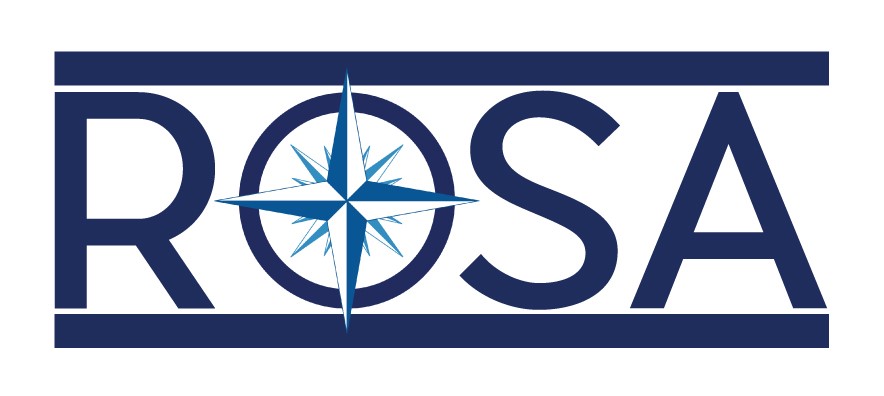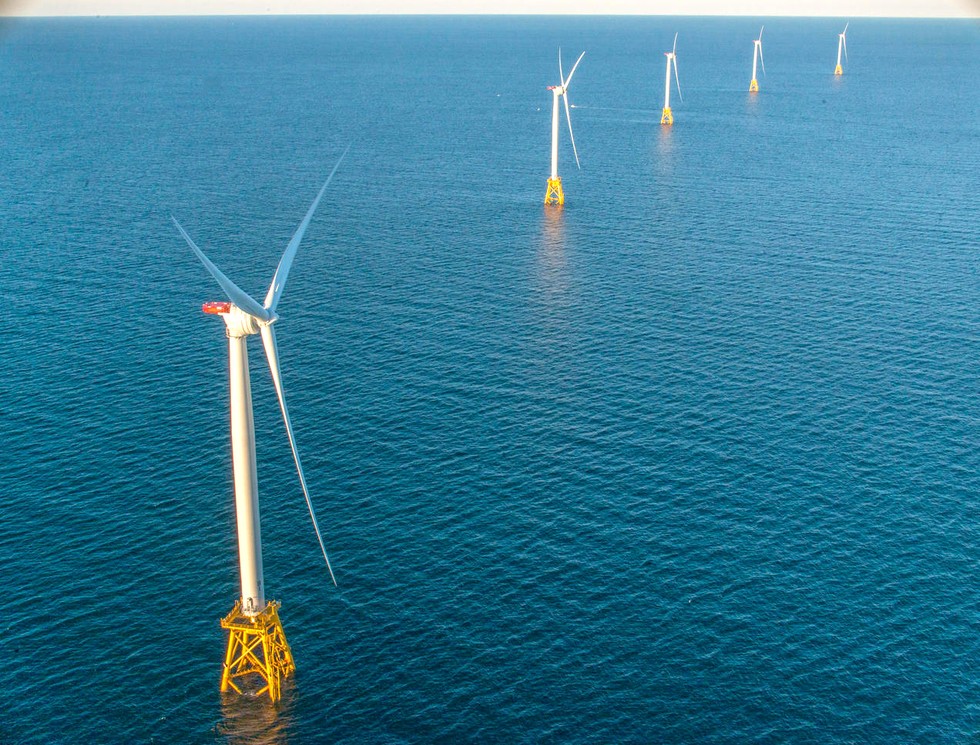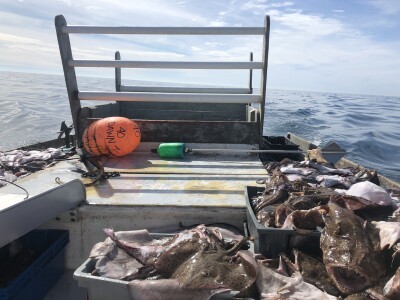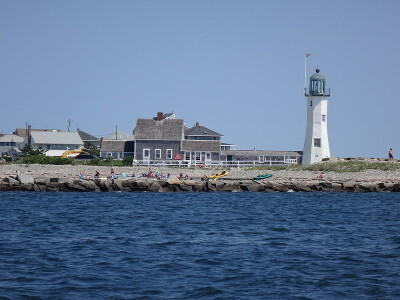As wind energy initiatives blow across the bows of commercial fishing fleets on both U.S. coasts, stakeholders have noted the dearth of data on the effects of wind power in federal waters. Enter ROSA, the Responsible Offshore Science Alliance, which launched this week to fill the need for a collaborative regional science body to address fisheries and wind development. ROSA's goal is to advance regional research and monitoring of fisheries and offshore wind interactions in federal waters.
 “So much is poorly understood regarding the impacts of large-scale offshore wind energy development to fisheries and fish stocks, and studies that have been performed lack regional coordination,” says Annie Hawkins, executive director of the Responsible Offshore Development Alliance, which launched the new alliance. “This forum will be immensely helpful to the fishing industry so that it may provide leadership in study prioritization, methodology and execution through cooperative research.”
“So much is poorly understood regarding the impacts of large-scale offshore wind energy development to fisheries and fish stocks, and studies that have been performed lack regional coordination,” says Annie Hawkins, executive director of the Responsible Offshore Development Alliance, which launched the new alliance. “This forum will be immensely helpful to the fishing industry so that it may provide leadership in study prioritization, methodology and execution through cooperative research.”
ROSA will bring together representatives of the maritime trades, offshore wind power developers, NMFS and the Bureau of Ocean Energy Management. RODA aims to create forums for dialogue on behalf of the fishing industry and is pushing to make sure fishermen are involved with the new organization as it begins to gain traction.
“America’s offshore wind energy future is dependent on scientists, fishermen and energy officials uniting under a common goal: safeguarding our invaluable marine resources,” said NMFS Director Chris Oliver, in support of the alliance. “NOAA Fisheries is pleased to be a part of this scientific endeavor to ensure our fisheries and fishing communities continue to thrive.”
ROSA's initial focus will be on offshore wind development and fisheries from
the Gulf of Maine to North Carolina, but will be structured to address issues in other regions as wind power development expands in the United States.
"ROSA will seek to address broader aspects of the ocean environment that offshore fisheries and wind energy activities occupy including prefacility baseline activity, ecosystem-based fishery management, socio-economic effects, cumulative impacts, and other relevant issues," according to the alliance's initial framework document.
Several developers — including EDF Renewables, Ørsted, Shell New Energies, and Equinor Wind US — have expressed support for ROSA.
The majority of ROSA's funding is expected to come from annual contributors, mainly from wind energy lease holders, as well as from federal and state partners.
The alliance will be structured with a board, executive council, a research council, and topic- and geographic-specific subcommittees. The goal is to form the executive council, plan the alliance's initial meeting and hire an executive director in April, then continue to develop funding in the coming months and create the first regional research plan and priorities toward the end of the summer.







